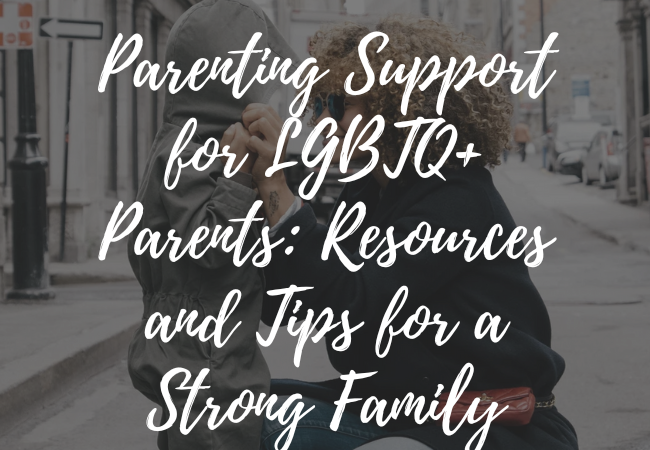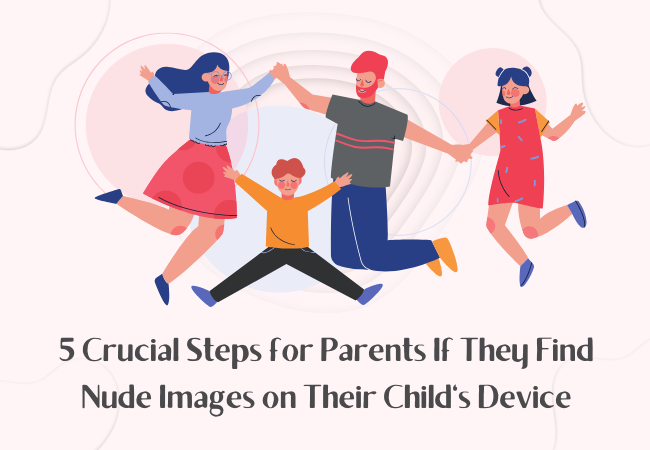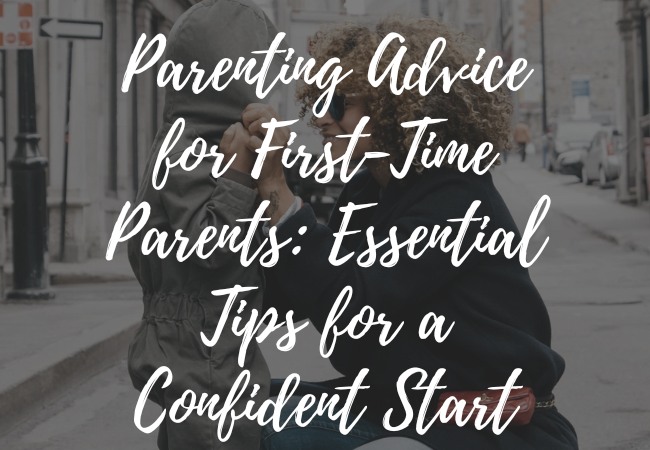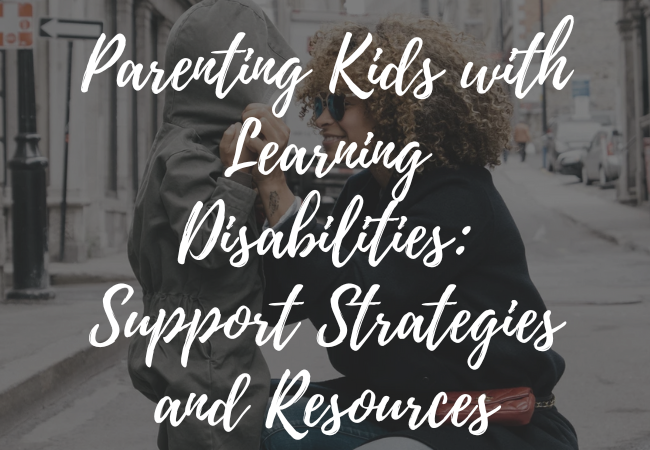Healthy Parent-Child Relationships : Building Strong Bonds
Discover tips for fostering healthy parent-child relationships. Learn strategies to build strong bonds, enhance communication, and create a supportive family environment.
A strong parent-child relationship is the foundation of a child’s emotional well-being and future success. It shapes how children view themselves, others, and the world around them. This guide will explore ways to build and maintain healthy relationships with your children, creating a supportive and loving family environment.
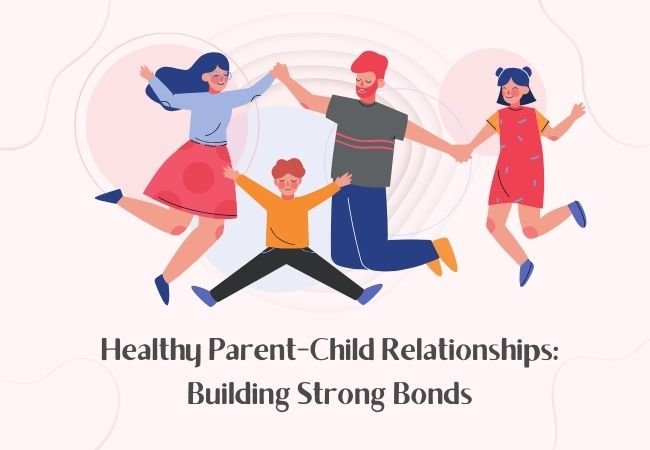
The Importance of Healthy Parent-Child Relationships
Healthy parent-child relationships have numerous benefits:
- Better emotional regulation
- Higher self-esteem
- Improved social skills
- Greater academic success
- Reduced risk of behavioral problems
Let’s explore strategies to foster these vital connections.
1. Show Unconditional Love
Children need to feel loved and accepted, regardless of their actions or achievements.
Tips for Showing Unconditional Love:
- Express love verbally and physically (hugs, kisses)
- Separate the child’s behavior from their worth
- Avoid using love as a reward or punishment
Research shows that children who feel unconditionally loved have better mental health outcomes.
2. Practice Active Listening
Listening attentively shows your child that their thoughts and feelings matter.
How to Practice Active Listening:
- Give your full attention when your child is speaking
- Make eye contact
- Reflect back what you’ve heard
- Ask open-ended questions
Remember, active listening improves communication and strengthens your bond.
3. Set Consistent Boundaries
Clear, consistent boundaries help children feel secure and understand expectations.
Tips for Setting Boundaries:
- Involve children in creating family rules
- Explain the reasons behind rules
- Be consistent in enforcing boundaries
- Adjust rules as children grow and mature
4. Spend Quality Time Together
Regular, focused time together strengthens your relationship and creates lasting memories.
Ideas for Quality Time:
- Have regular family meals
- Create bedtime routines
- Plan special outings or activities
- Engage in your child’s interests
Studies show that quality time with parents positively impacts children’s development.
5. Encourage Independence
Supporting your child’s independence builds confidence and self-reliance.
Ways to Encourage Independence:
- Allow age-appropriate choices
- Teach problem-solving skills
- Assign household responsibilities
- Celebrate efforts and achievements
6. Practice Positive Discipline
Positive discipline focuses on teaching rather than punishing.
Principles of Positive Discipline:
- Focus on solutions, not blame
- Use natural and logical consequences
- Encourage self-reflection
- Model the behavior you want to see
Positive discipline helps children develop self-control and empathy.
7. Communicate Openly and Honestly
Open communication builds trust and helps children feel comfortable sharing their thoughts and feelings.
Tips for Open Communication:
- Be honest about your own feelings and experiences
- Create a judgment-free zone for discussions
- Address difficult topics in age-appropriate ways
- Listen without interrupting or dismissing feelings
8. Show Empathy
Empathy helps children feel understood and validated.
How to Show Empathy:
- Acknowledge your child’s feelings
- Avoid minimizing their experiences
- Share times when you’ve felt similar emotions
- Offer comfort and support
Empathy in parenting is linked to better emotional regulation in children.
9. Be Present
In our busy world, being fully present with your child is crucial.
Ways to Be Present:
- Put away electronic devices during family time
- Make eye contact during conversations
- Engage in activities without distractions
- Practice mindfulness together
10. Model Healthy Relationships
Children learn by example. Model the behavior and relationships you want them to have.
Tips for Modeling Healthy Relationships:
- Treat others with respect and kindness
- Resolve conflicts peacefully
- Show affection to your partner (if applicable)
- Maintain healthy friendships
Overcoming Challenges in Parent-Child Relationships
Even in the strongest relationships, challenges can arise. Here are some common issues and how to address them:
1. Dealing with Conflict
- Stay calm and composed
- Focus on the issue, not personal attacks
- Work together to find solutions
- Take breaks if emotions run high
2. Balancing Multiple Children
- Spend one-on-one time with each child
- Avoid comparisons between siblings
- Recognize and celebrate each child’s unique qualities
- Foster positive sibling relationships
3. Managing Technology Use
- Set clear rules about screen time
- Use parental controls when necessary
- Engage in tech-free activities as a family
- Model healthy technology habits
4. Navigating Teenage Years
- Respect your teen’s growing independence
- Maintain open lines of communication
- Stay involved in their lives
- Seek professional help if serious issues arise
When to Seek Professional Help
While ups and downs are normal in any relationship, sometimes professional help is needed. Consider seeking help if:
- There’s persistent conflict or tension
- Your child shows signs of depression or anxiety
- You’re struggling to connect with your child
- There are significant behavioral issues
Family therapy can be an effective way to improve parent-child relationships.
Conclusion
Building and maintaining healthy parent-child relationships takes time, effort, and patience. By showing unconditional love, practicing active listening, setting consistent boundaries, and spending quality time together, you can create a strong, lasting bond with your child.
Remember, every family is unique, and what works for one may not work for another. Be patient with yourself and your child as you navigate this journey together. It’s okay to make mistakes – what’s important is that you keep trying and showing your child that they are loved and valued.
By fostering a healthy relationship with your child, you’re not only enhancing their current well-being but also setting them up for success in future relationships and life challenges. Your efforts today will have a lasting impact on your child’s life and the generations to come.
For more information and guide, visit usaparentingtips.com

